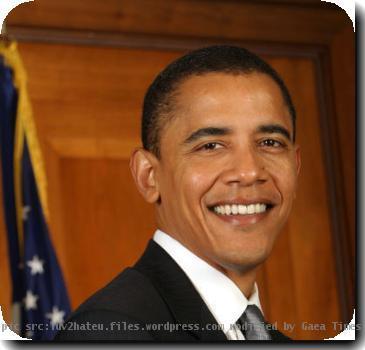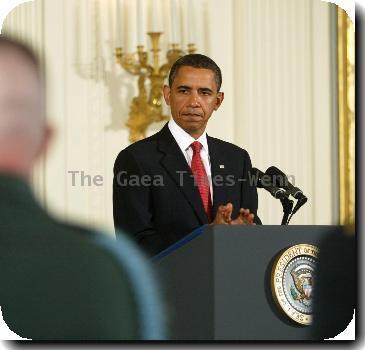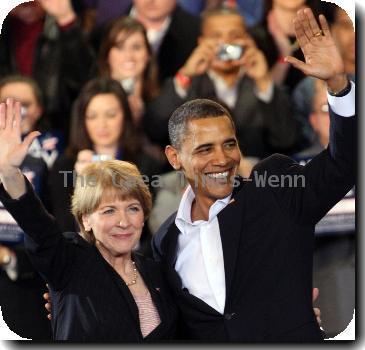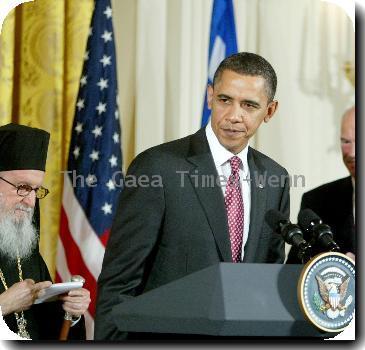INSIDE WASHINGTON: It’s a big secret: A single senator can block Senate business
By Jim Abrams, APThursday, May 6, 2010
INSIDE WASHINGTON: Senators’ secret blockades
WASHINGTON — One man, no vote? That’s the case in the Senate, where it takes just one peeved lawmaker to prevent a yes-or-no tally, often silently and anonymously.
That singular power can play havoc with nominations to the federal bench or an arts board, an ambassador or a general-in-waiting. It can block legislation to fund agencies or projects indefinitely.
These “holds,” which frequently have nothing to do with the qualifications of the nominee, have only become more prevalent as the Senate becomes more partisan. As of this week, 91 of President Barack Obama’s nominees awaiting confirmation votes were on the Senate’s calendar. Almost all of them were entangled in some sort of hold.
At the same time in George W. Bush’s first term, there were only eight nominees awaiting Senate action.
Many of Obama’s stalled nominees are in line for what appear to be noncontroversial jobs in agencies such as the Peace Corps, Amtrak and the Marine Mammal Commission. Some confirmation delays, however, are clearly disruptive.
The National Transportation Safety Board met Tuesday to discuss findings from last year’s ditching of an airliner in New York’s Hudson River. But only three of the five board members were there because the Senate hasn’t acted on two nominees, one a Democrat and one a Republican. The Democrat has been on the Senate’s docket since December.
“This is what people want the government to do,” said freshman Sen. Claire McCaskill, D-Mo. McCaskill tried unsuccessfully last week to get a Senate vote on the two NTSB nominees and is now leading a campaign against secret holds.
McCaskill recently tried 76 times in one day to get the Senate to take up Obama administration nominees to fill top government jobs. In every case, she was blocked, but she said she still hoped to expose those engaged in secret holds.
“We have a bad habit,” she told her colleagues. “I can just whisper into somebody’s ear and hold a nomination.”
She was joined by another freshman, Rhode Island Democrat Sheldon Whitehouse, who made similar challenges to what he referred to as the “bare-knuckles politics of obstruction.” He said those nominations subject to secret holds have been stalled an average 106 days.
Not all holds are secret. Sen. Jim Bunning, R-Ky., left Miriam Sapiro, nominated to be deputy U.S. trade representative, dangling for more than six months because he wanted the Office of the U.S. Trade Representative to go after Canada for banning flavored cigarettes.
Bunning allowed a vote on Sapiro last December but, still unsatisfied, slapped holds on two other nominees, including Michael Punke, who was to lead the USTR in World Trade Organization negotiations. Obama last month included the two in a list of 15 recess appointments. That’s a stopgap move taken when Congress is out of town that allows a nominee to fill a job until the end of a congressional session.
The General Services Administration, which provides workspace for a million federal civilian workers and oversees $500 billion in federal assets, was without a leader for nine months because several senators had gripes about the agency’s practices in their states. The new GSA administrator, Martha Johnson, was confirmed in February on a 96-0 vote.
Most people who hear about Senate holds “probably think it is a hair spray or a wrestling move,” said Sen. Ron Wyden, D-Ore. But the ability to single-handedly block nominations and bills, usually anonymously, is “one of the most powerful tools a member of the Senate has today to influence policy,” said Wyden, who has introduced a bill to curtail the practice.
There’s no mention of holds in the Senate’s rules, but they have become increasingly used in recent years because the Senate has shifted to doing much of its work by “unanimous consent” agreements between the party leaders. If a single senator notifies the leaders he objects, that bill or nomination can’t advance without a time-consuming process usually requiring a 60-vote majority.
There’s no serious effort to ban holds, but there is growing sentiment that senators should at least be more open about applying them. “If any of my colleagues have holds on either side of the aisle, they ought to have the guts to go public,” said Sen. Charles Grassley, R-Iowa, Wyden’s longtime partner in opposing secret holds.
In a 2007 ethics bill, Wyden and Grassley succeeded in winning a six-day limit on anonymous holds, after which the senator placing one must identify himself and give a reason for wanting to block a vote on a nomination or bill. But that clock begins to tick only when someone — as McCaskill did — goes to the Senate floor and tries to bring up a nominee or bill.
Senators can also still keep a hold secret by abandoning it before the six days is up and getting a colleague to take it up.
Now, Wyden and Grassley want to make senators disclose their holds within two days of placing them, whether or not anyone has made the formal effort to bring a nomination to the floor for consideration. The bottom line, Wyden said, “is that if you can’t make a good public case for why you are doing something, you shouldn’t be doing it.”
Senate historian Donald Ritchie said both Democratic and Republican leaders “have been somewhat reluctant to abolish the secrecy part of it.” The anonymity, Ritchie said, makes it easier for a senator to change his mind and support a bill or a nomination after some behind-the-scenes negotiations.
Going public also can subject a senator to withering attacks. Democrats last month pounced on Sen. David Vitter, R-La., who for six months had blocked the promotion of a general who commands the Mississippi Valley Division of the Army Corps of Engineers because Vitter is dissatisfied with Corps hurricane relief projects in his state.
Alabama Republican Richard Shelby was criticized widely in February when he put holds on multiple nominations because he was angry over funding for defense and FBI projects in his state. He agreed to stop blocking all but a few of those nominees after his office said he succeeded in getting the administration’s attention.
Even openly acknowledged holds can be a potent weapon. Grassley, the foe of secret holds, last December said he would hold up all Treasury Department nominees in protest over several IRS policies. Within a day, the IRS had responded to his concerns and Grassley dropped his holds.
Tags: Barack Obama, Blockades, North America, United States, Washington



